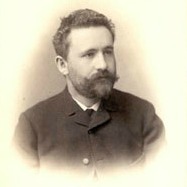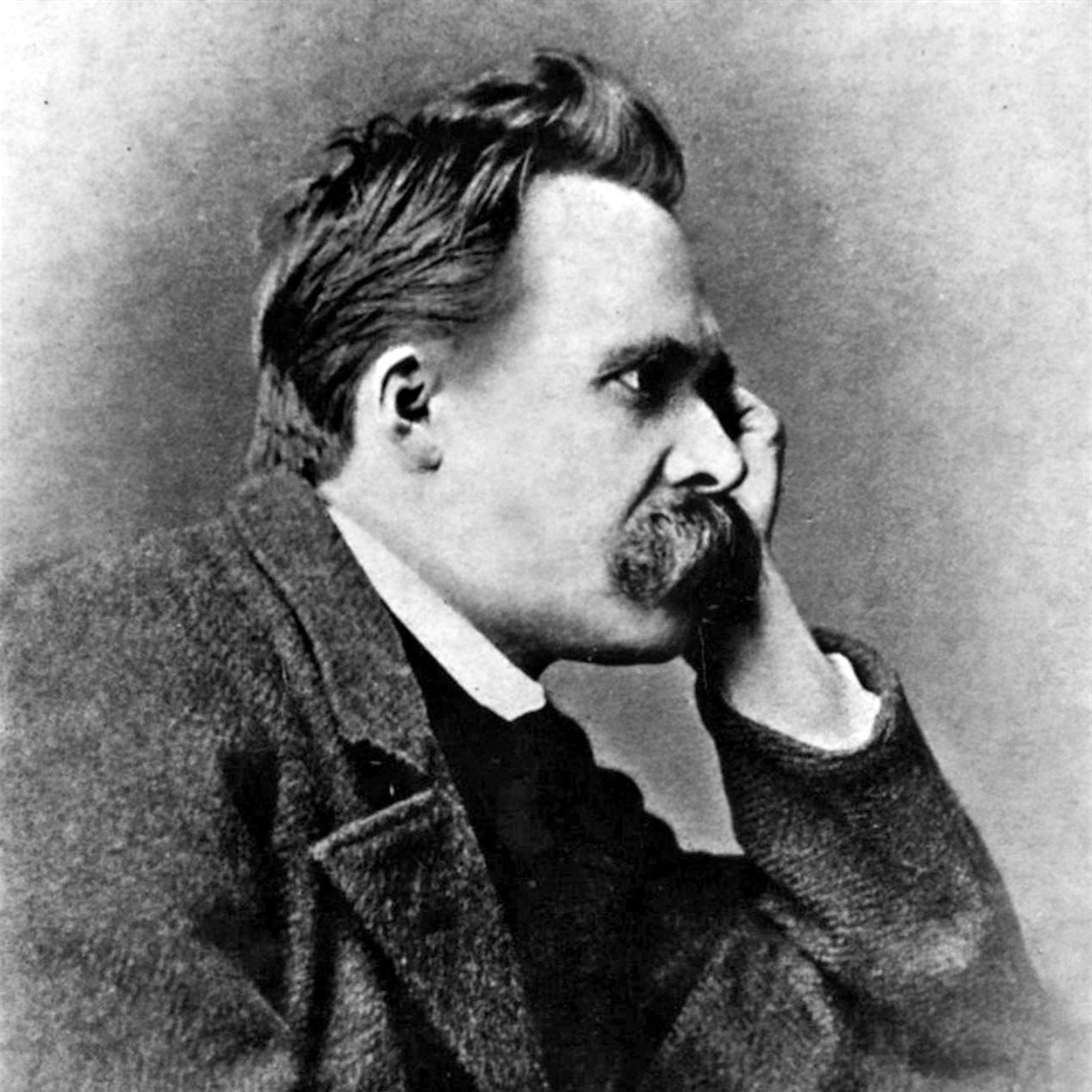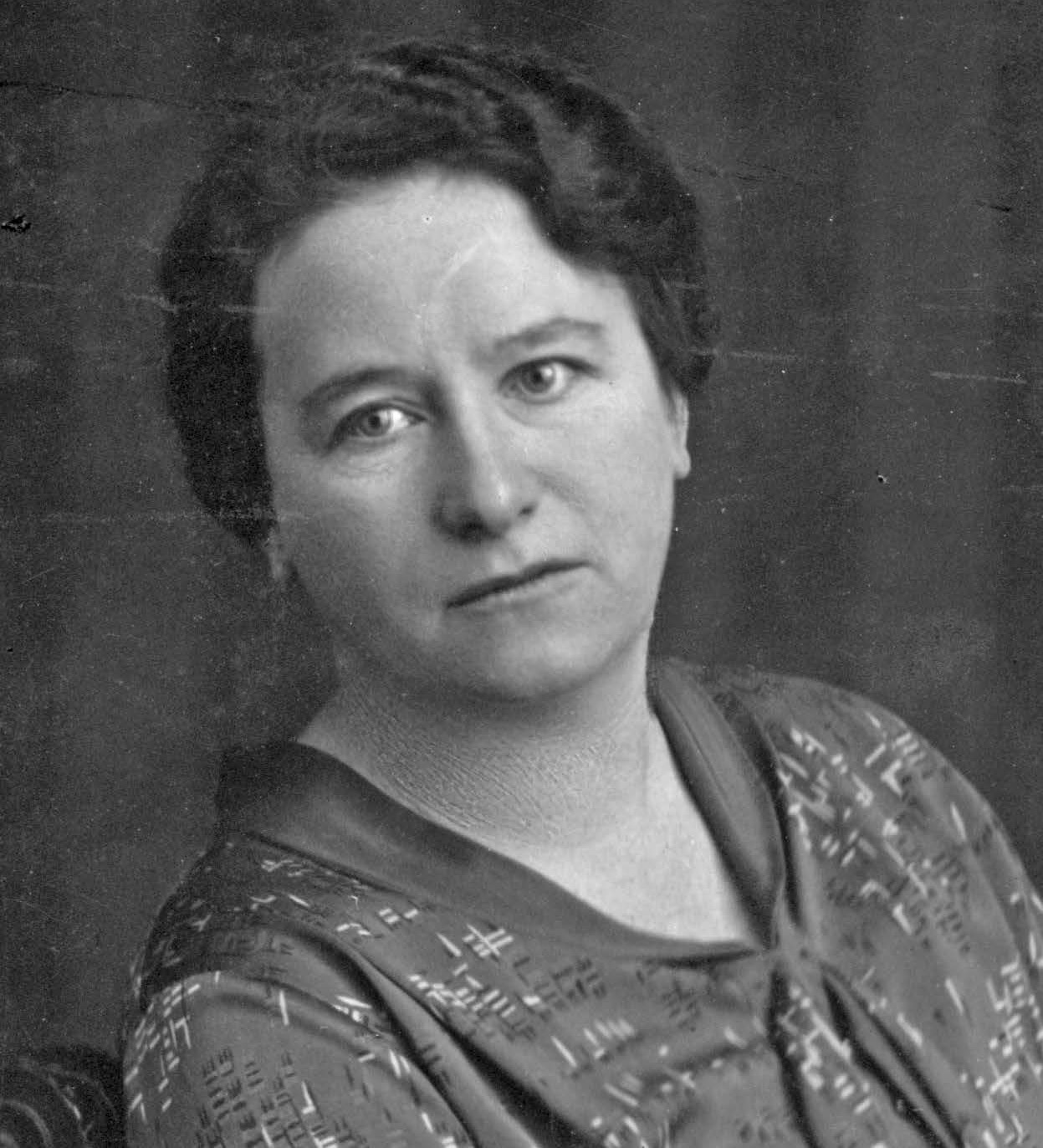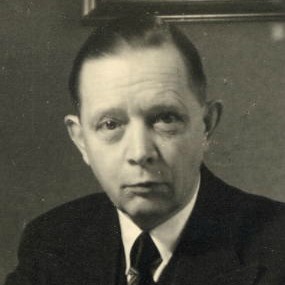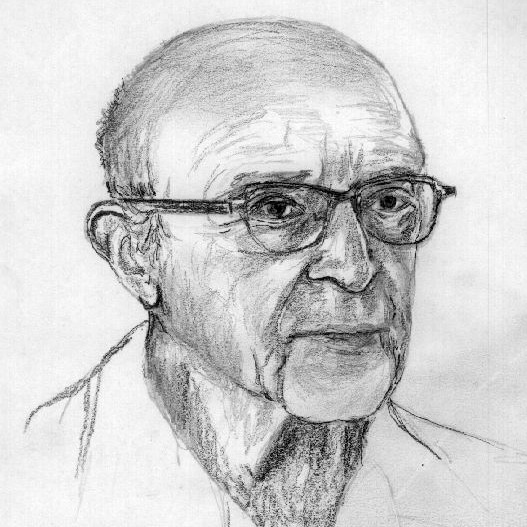- Surname:
- Bumke
- First name:
- Oswald
- Era:
- 20th century
- Field of expertise:
- Neurology
Psychiatry - Place of birth:
- Stolp (DEU)
- * 25.09.1877
- † 05.01.1950
Bumke, Oswald
German psychiatrist and neurologist, professor in Munich.
Oswald Conrad Bumke (1877–1950) was born on 25 September 1877 in Stolp, Pomerania as the son of Albert Bumke, a physician and the president of the Pomeranian medical association, and his wife Emma (née Westphal), the daughter of a factory owner. His father died in 1892. After completing school education, Bumke studied medicine in Leipzig, Halle, Freiburg, and Munich. He graduated in Halle and obtained his doctorate in 1901 in Kiel with a case study on the narrowing and rupture of the ascending aorta (German title: Ein Fall von Isthmostenose mit Ruptur der aufsteigenden Aorta; cf. Steinberg 2008; Schimmelpenning 1993). He then worked as an assistant physician at the psychiatric and mental hospital in Freiburg under Alfred Hoche, who also supervised Bumke’s professorial thesis in neurology and psychiatry at the local university (a study on eye-pupil abnormalities in neurological and psychiatric conditions, completed in 1904; German title: Die Pupillenstörung bei Nerven- und Geisteskranken). When the director of the Freiburg clinic, Hermann Emminghaus, had to resign in 1901 due to illness, Albert Hoche became his successor. Bumke was appointed senior physician there in 1906 (Schimmelpenning 1993).
Professorships in psychiatry and neurology
Between 1910 and 1914, Bumke was an associate professor for psychiatry and neurology at Freiburg University. In 1914, he transferred to Rostock to succeed Fedor Schuchardt both as a professor and as the director of the local asylum. Just two years later, however, he accepted a call to Breslau University to become the successor to Alois Alzheimer (Kreuter 1996: 206). In 1921, Bumke was appointed professor and director at Leipzig University’s medical school in succession to Paul Flechsig, of whose work in neuropsychiatry he was rather critical (Steinberg 2008). He transferred to Munich University in 1924. In the same year, he was – surprisingly – appointed to the university’s Chair of Psychiatry as successor to Emil Kraepelin. Bumke served as rector of Munich University during the academic year 1928/29 and – with a brief interruption – remained at this university until his retirement in 1947 (cf. Hippius et al 2005: 109 ff.).
Expert opinions and activities during the Nazi era
Oswald Bumke was part of the team of specialists (along with Otfried Foerster, Max Nonne, Oskar Minkowski, Salomon E. Henschen, and Adolf Strümpell) invited to Moscow in the spring of 1923 to examine the increasingly critical condition of Lenin (cf. Schwann 1974). In the same year, he assessed the attempted assassin of Hitler, Georg Elser (1903–1945), about whom he stated in his later autobiography Erinnerungen und Betrachtungen [Memories and Reflections]: “There was nothing wrong with him. He declared to be a communist and pacifist, which was why he had wanted to eliminate Hitler and his people because this would have been to only way to avoid the war or, at least, to end it quickly” (1952: 181; translated from German; cf. Steinbach & Tuchel 2008).
After 1933, Bumke remained active as a scholar and clinician but kept a low profile on political issues. Despite disapproving the killing of patients, he seems to have hardly ever intervened against it. He was a supporting member of the SS, joined the National Socialist Teachers’ League, served as a consulting military psychiatrist and, in 1944, as a staff surgeon in the rank of a colonel (Klee 2005: 84 f.). But in his autobiography – written after the war –, there is a clear diagnostic reckoning with Hitler, whom Bumke (1952) described as a schizoid “psychopath”.
Criticism of degeneration theory and psychoanalysis
In 1919, Bumke published Die Diagnose der Geisteskranken [Diagnosis of the Mentally Ill], a monograph that was well received in the expert community, and reworked it into a textbook on mental illness in 1924. He also published the multi-volume Handbuch der Geisteskrankheiten [Handbook of Mental Illness] between 1928 and 1939 and, together with Otfried Foerster, the Handbuch der Neurologie [Handbook of Neurology] between 1935 and 1937. And for many years, he was the co-editor of the renowned journal Archiv für Psychiatrie und Nervenkrankeiten [Archives of Psychiatry and Nervous Diseases].
Significant in retrospect is Bumke’s 1912 work Über nervöse Entartung [On Nervous Degeneration], in which he critically examined and ultimately rejected Morel’s speculative degeneration theory. In the revised 1922 edition, he was one of the few members of the psychiatric community to oppose the emerging idea of “racial hygiene” and its advocates, especially Ernst Rüdin, but without being able to assert his position (Steinberg 2008: 351 f.).
Many of Bumke’s publications deal with the work of Sigmund Freud. His 1939 text Die Psychoanalyse. Eine Kritik[Psychoanalysis. A Critique] raised the question whether psychoanalysis was scientific at all. Bumke (1922) was certainly interested in an “understanding psychology” but preferred the concept of the “subconscious mind” (instead of the “unconscious mind”). He thus acknowledged some of Freud’s important insights but discounted the libido theory and rejected Freud’s therapeutic practice: “However, I reject Freud’s dogmas, and even more than the content of his teachings, I fight his method – because it flies in the face of everything that, from my point of view, is exact and thus verifiable scientific research” (Bumke 1939: 5; translated from German). Unlike in the US, psychoanalysis was hardly practiced in German clinics for a long time.
In December 1946, the US occupation forces suspended Bumke from his office as director of the psychiatric clinic after public allegations of involvement in Nazism. He was cleared and reinstated in 1947 but retired the same year (Hippius 2003: 18). Bumke died in Munich in 1950 after long illness.
Literature
Bumke, O. (1906): Was sind Zwangsvorgänge? Halle: Marhold.
Bumke, O. (1908): Landläufige Irrtümer in der Beurteilung von Geisteskrankheiten. Wiesbaden: Bergmann.
Bumke, O. (1909): Über die körperlichen Begleiterscheinungen psychischer Vorgänge. Wiesbaden: Bergmann.
Bumke, O. (1912): Über nervöse Entartung. Berlin: Springer.
Bumke, O. (1912a): Zur Frage der funktionellen Psychosen. In: Fortschritte naturwissenschaftlicher Forschung 6, pp.131–152.
Bumke, O. (1919): Die Diagnose der Geisteskranken. Wiesbaden/Munich: Bergmann.
Bumke, O. (1922): Psychologische Vorlesungen. Wiesbaden/Munich: Bergmann.
Bumke, O. (1924): Lehrbuch der Geisteskranken. Munich: Bergmann.
Bumke, O. (1928/39, ed.): Handbuch der Geisteskrankheiten. 12 vols. Berlin: Springer.
Bumke, O. (1930): Ansprachen und Reden. (Munich University Speeches, Vol. 17). Munich: Hueber.
Bumke, O. (1939): Die Grenzen der geistigen Gesundheit; speech held on 22 June 1929 at Munich University. 2nd edition. Munich: Müller & Steinicke.
Bumke, O. (1941): Gedanken über die Seele. Berlin: Springer.
Bumke, O. (1943): Alfred Erich Hoche. In: Archiv für Psychiatrie und Nervenkrankheiten 116 (3), pp. 339–346
Bumke, O. (1952): Erinnerungen und Betrachtungen. Der Weg eines deutschen Psychiaters. Munich: Pflaum.
Hippius, H. (2003, ed.): Universitätskolloquien zur Schizophrenie, vol. 1, Darmstadt: Steinkopff.
Hippius, H., H.-J. Möller, N. Müller, G. Neundörfer (2005): Die Psychiatrische Klinik der Universität München 1904–2004. Heidelberg: Springer.
Klee, E. (2005): Das Personenlexikon zum Dritten Reich. Wer war was vor und nach 1945. 2nd updated edition. Frankfurt on the Main: Fischer Taschenbuch Verlag.
Kreuter, A. (1996): Bumke, Oswald. In: A. Kreuter: Deutschsprachige Neurologen und Psychiater. Ein biographisch-bibliographisches Lexikon von den Vorläufern bis zur Mitte des 20. Jahrhunderts. Vol. 1. Munich/New Providence/London: K.G. Saur, pp. 206–209.
Pflaum, R. (2009): Die Behandlung Adolf Hitlers im Lazarett Pasewalk 1918: Historische Mythenbildung durch einseitige bzw. spekulative Pathographie. In: Journal für Neurologie, Neurochirurgie und Psychiatrie 10 (4), pp. 18–23.
Schimmelpenning, G. W. (1993): Oswald Bumke (1877–1950). His life and work. In: History of Psychiatry 4, pp. 483–497.
Steinach, P., J. Tuchel (2008): Georg Elser. Berlin: be.bra-verlag.
Steinberg, H. (2013): Oswald Bumke (1877–1950). In: Journal of Neurology 260 (9), pp. 2444–2445.
Steinberg, H. (2008): Oswald Bumke in Leipzig. Jenseits von Kraepelin, Freud und Rüdin’scher Entartungslehre. In: Der Nervenarzt 79 (3), pp. 348–356.
Schwann, S. (1974): Lenins Krankheit und die Leipziger Ärzte an seinem Krankenbett. In: Zeitschrift für die gesamte innere Medizin und ihre Grenzgebiete 29 (18), pp. 769–772.
Burkhart Brückner, Jessica Thönnissen, Ansgar Fabri
Referencing format
Burkhart Brückner, Jessica Thönnissen, Ansgar Fabri (2016):
Bumke, Oswald.
In: Biographisches Archiv der Psychiatrie.
URL:
biapsy.de/index.php/en/2-uncategorised/290-bumke-oswald
(retrieved on:17.09.2025)


